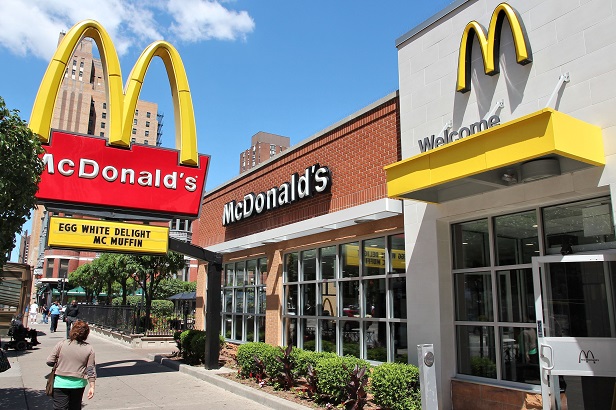 (l-r) Carlton Fields shareholder Daniel Weede in Atlanta, Sanchez-Medina, Gonzalez, Quesada, Lage, Gomez & Machado partner Roland Sanchez-Medina Jr. in Coral Gables, and Joe Hernandez in Miami.
(l-r) Carlton Fields shareholder Daniel Weede in Atlanta, Sanchez-Medina, Gonzalez, Quesada, Lage, Gomez & Machado partner Roland Sanchez-Medina Jr. in Coral Gables, and Joe Hernandez in Miami.
Much like other everyday activities, real estate transactions are coming to a halt because lenders are holding back over the coronavirus pandemic.
“The last 72 hours has been brutal on its effects on transactions,” attorney Daniel Weede said Thursday. “It’s just a standstill. The fundamentals are still sound. Sellers still want to sell property. Developers still want to buy property. All of those are there but without the liquidity, without being able to get the debt and equity and have assurance.”
The Carlton Fields shareholder in Atlanta and two other attorneys reported seven transactions among them at a standstill.
The intended buyers of three hotels in North Florida, Texas and Georgia have postponed closing after financing dried, and a hotel development project in Miami also has been postponed, Weede said.
Attorney Joe Hernandez in Coral Gables said a landlord told him about a retailer who signed a lease but got cold feet about opening north of downtown Miami.
Hernandez, who leads the real estate practice at Weiss Serota Helfman Cole & Bierman, said he advised the two to assess the situation over the next weeks before postponing the lease.
Attorney Roland Sanchez-Medina Jr. had two clients cancel their purchases during due diligence. The deals covered an $8 million Miami-Dade County condominium unit and a $5 million warehouse near Miami International Airport.
“I can’t really fault them,” said Sanchez-Medina, a partner at Sanchez-Medina, Gonzalez, Quesada, Lage, Gomez & Machado in Coral Gables. ”Ultimately, if you are spending a significant amount of money and you have any doubts, I always tell clients, ‘The last thing you want to do is go against your instincts. If your instincts are telling you that this is an issue, the last thing you want to be doing is discount that.’ ”
The situation mirrors the 2007-2008 financial crisis when uncertainty ruled in the global economy, prompting lenders to quickly pause financial deals.
The Great Recession also could be making banks and alternative lenders more cautious, prompting them to adopt a wait-and-see approach.
“ It all happened so quickly. In 2008 that’s exactly what happened. There were loan commitments. People used to think a commitment meant a commitment. A lender was committed to making a loan. They found out, and these are seasoned professionals, that a commitment is not a commitment,” Weede said. “You do not close until you close. In essence, this is the same way. It’s not that banks are bad institutions. They have to have the money to lend the money.”
The hospitality and retail industries are out in front on the downside of COVID-19. Princess Cruises, owned by Miami-based Carnival Corp., canceled voyages Thursday for two months.
Small restaurants, mom-and-pop businesses and companies that provide support services for airlines and cruise lines are more likely to feel a big impact.
“This world is becoming smaller and smaller every day so people are impacted by the global economy. You are seeing the impacts on airlines, cruise lines. Spirit Airlines will be fine. Carnival Cruise Line will be fine, and the airlines will be fine,” Sanchez-Medina said. “But if you have a business that is ancillary business to what they do, that’s going to have real impact.”
Hernandez suggested all deals will follow the wait-and-see approach his landlord-client encountered.
“That would be the recommended approach for any transaction right now, although it’s not always possible with hard closing dates. When possible, a short-term pause allows parties in transactions to avoid making decisions with long-term consequences based on the events of the last few days,” Hernandez said.
That’s what Weede and his clients are doing as they wait to see what pandemic-afflicted markets will look like.
“I am confident ultimately we will be able to work the deals out,” he said.
The lack of liquidity isn’t a problem restricted to real estate deals.
“It may very well change in a week or two when we figure out what the new normal is and that the world is not going to end and people are still getting up and working and buying things,” Weede said. “When that reality comes back to the market, I imagine that much of this will turn around. But for right now, the last 72 hours has been brutal on its effects on transactions.”





 Home
Home









 Copyright © 2024 ALM Global, LLC. All Rights Reserved.
Copyright © 2024 ALM Global, LLC. All Rights Reserved.